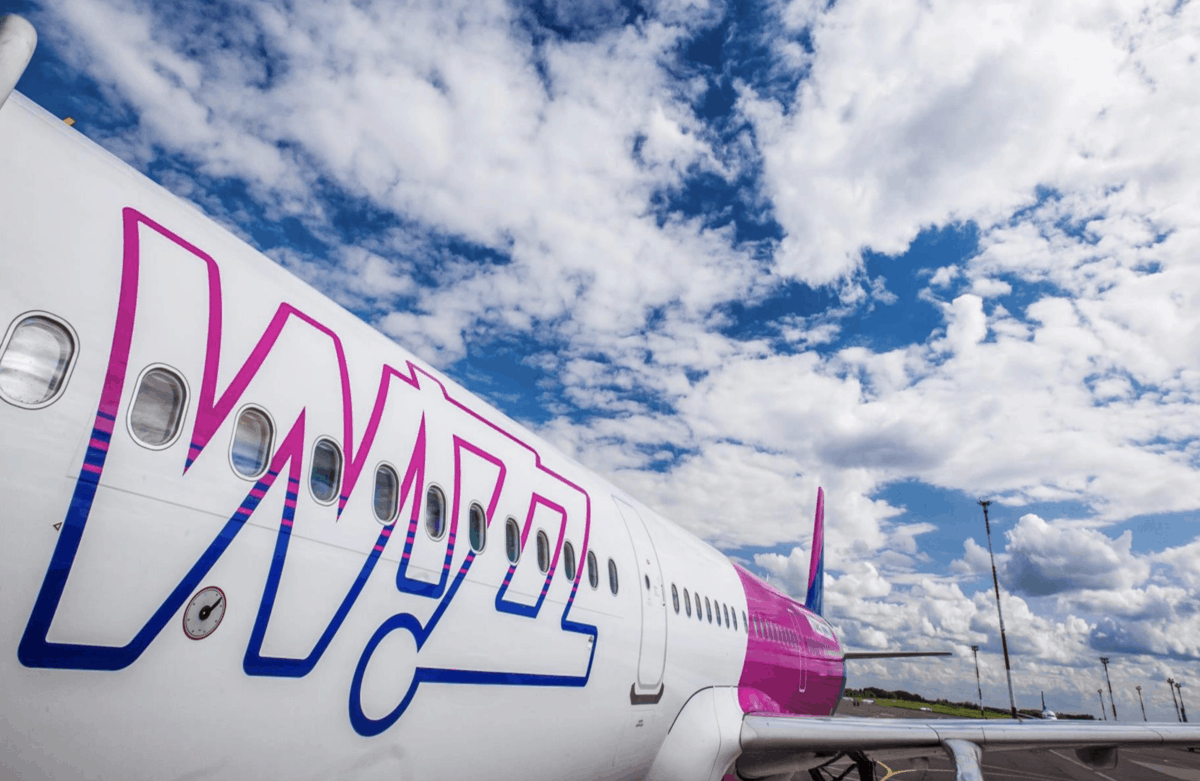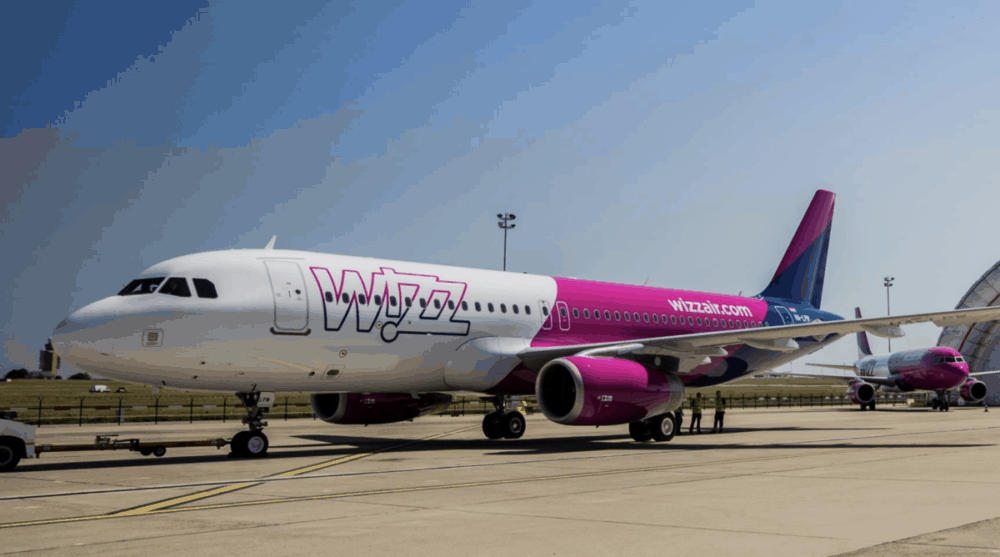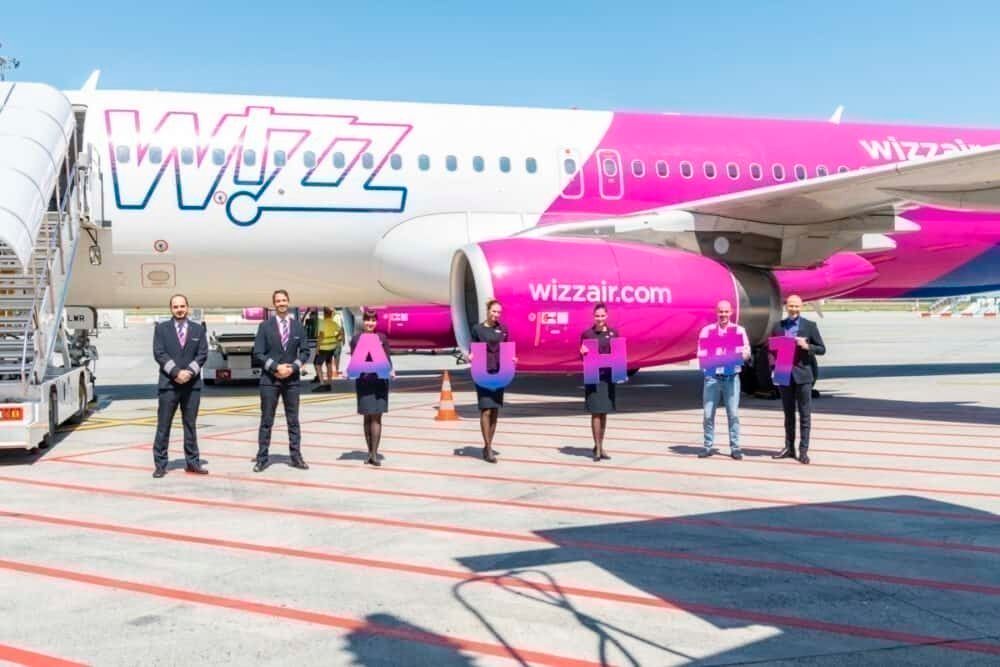At this week’s virtual Farnborough International Airshow, Wizz Air’s CEO Jozsef Varadi reiterated his confidence in the second airline of his company – Wizz Air Abu Dhabi. Set to launch in October this year, Varadi is already eyeing growth for the airline, noting a catchment area of five billion people within seven hours of its base.
It’s going to work
Throughout the COVID crisis, Wizz Air has stood out from the competition as an airline that has seen this as much as an opportunity as a challenge. While other airlines were grounding planes and cutting routes, Wizz was busy redeploying capacity, leveraging new markets and opening bases. In the midst of all this, it was also pushing ahead with the opening of its new subsidiary, Wizz Air Abu Dhabi.
At this week’s virtual Farnborough International Airshow, during a FIA Connect session, CEO of Wizz Jozsef Varadi commented on his positivity for the new airline. Despite the challenges presented by COVID, he believes his successful business model can be perfectly replicated in the Middle East. He said,
“I'm sure this is going to work. Abu Dhabi has the fundamentals that we need as a business to operate successfully. It is a scalable market; it is a growing economy. I think we’re in a place where Abu Dhabi is diversifying its economy away from a carbon-based economy to a more diverse, more colorful base … we believe that by delivering connectivity at the lowest cost, we can be a great contributor to the economy.”
Varadi has previously revealed his positivity for the new airline and has already doubled the starting capacity at the airport. The airline is due to launch in October, with flights to six destinations in Egypt, Ukraine, Georgia, Armenia, Greece and Cyprus, operated with its Airbus A321neo aircraft.
Eyeing expansion already
During Farnborough, Varadi again mentioned his goal to grow the airline to 100 aircraft within 15 years. However, he was keen to stress that this would be done by stimulating the local market, and not through taking away customers from legacy airlines.
“Our model is not to take passengers away from existing incumbent carriers our model is to create a market for ourselves. [We take] the entry barrier as low as possible for people to jump over and get on board a flight, and I think that's what we're aiming to do in the Middle East.”
Although Wizz Air Abu Dhabi will launch with a modest route network, Varadi believes the airline is in a unique position to scale and grow and has already identified a huge passenger base from which he can achieve success. He said,
“If you stand in Abu Dhabi … within the radius of seven hours you have five billion people, and that gives you an immense scope of opportunities to exploit in the future … Abu Dhabi is a significant opportunity for the business.”
The Middle East has lacked a true low-cost carrier for the longest time, but this year is welcoming two. Wizz Air Abu Dhabi will go head-to-head with Etihad’s joint venture LCC Air Arabia Abu Dhabi, an airline that began operating just over a week ago with initial routes to Alexandria and Sohag.
Do you think Wizz Air Abu Dhabi has what it takes to survive in the post-COVID world? Let us know your thoughts in the comments.



